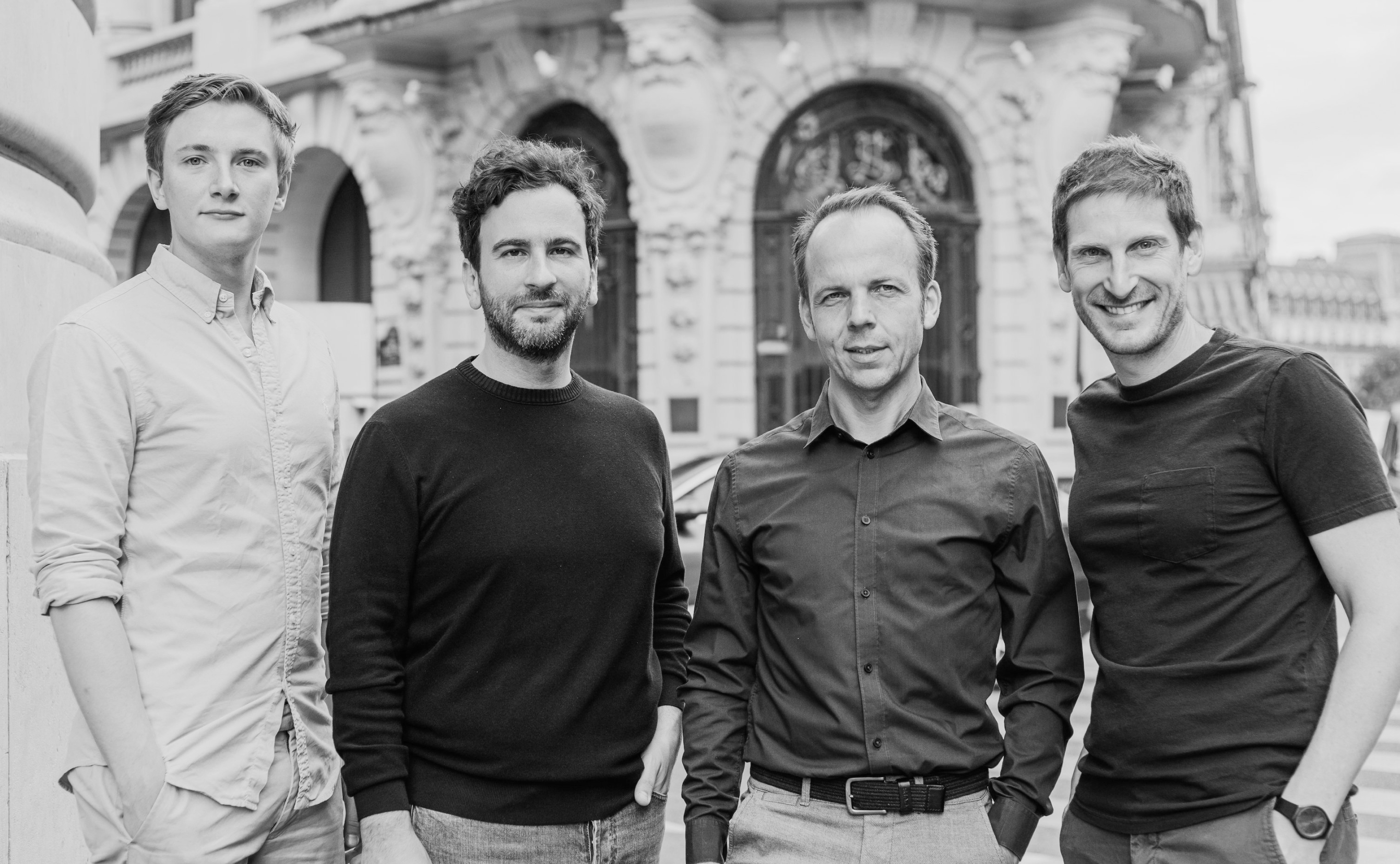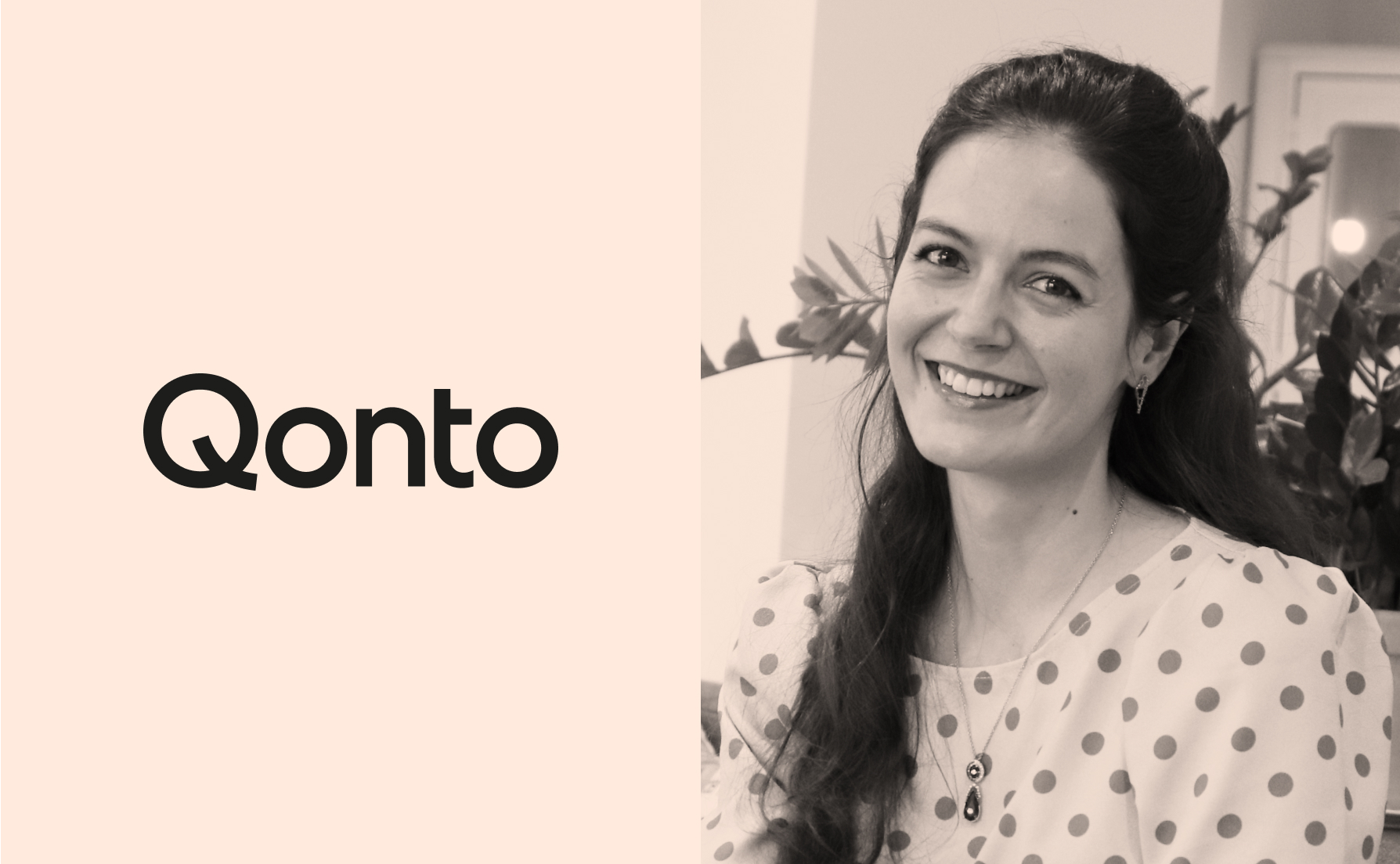Qonto is the commercial name of Olinda`SAS (Société par actions simplifiée), a simplified joint stock company under French law, registered at the Paris Trade Register (n° 819 489 626) having its headquarters at 18 rue de Navarin, 75009 Paris, France and represented by its President Steve Anavi and CEO Alexandre Prot.
Olinda SAS is a licensed payment institution authorized by the French Autorité de Contrôle Prudentiel et de Résolution (ACPR), under the registration number 16958 granted on 21/06/2018.`
The entirety of the funds deposited by our customers is safeguarded in compliance with the relevant legislation. A part of these funds is held by our banking partners: Crédit Mutuel Arkéa or Natixis. The French Fonds de Garantie des Dépôts et de Résolution (FGDR) covers the deposits up to a limit of €100,000, for each of our banking partners and for each client, in the case of bankruptcy of Crédit Mutuel Arkéa or/and Natixis. The remaining part of the funds is fully covered by two stand-alone guarantees, one granted by Crédit Agricole CIB, a subsidiary of Crédit Agricole S.A., the other by BNP Paribas.`














